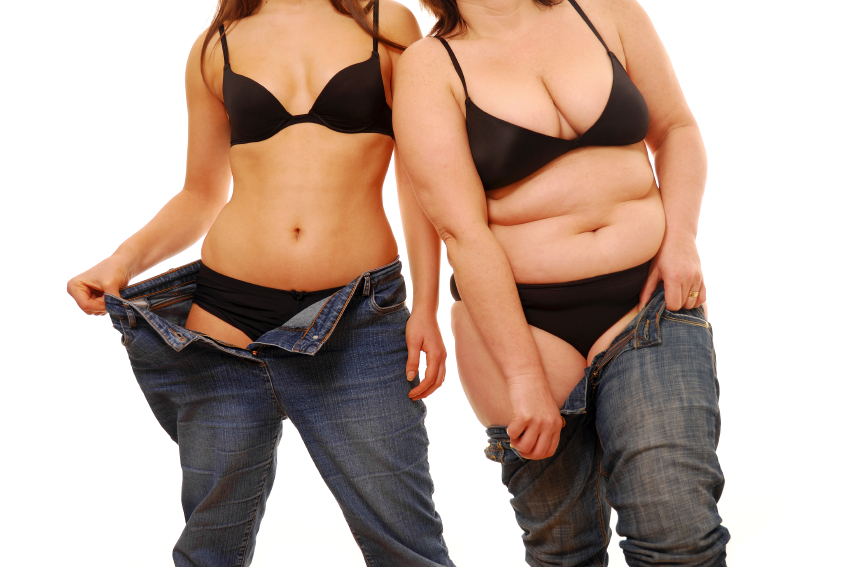My Book is Now Available on Kindle!
January 26, 2011 by Dr. Soram Khalsa
Filed under Vitamin D
 My book The Vitamin D Revoution has been available for Kindle for a while. However my friends tell me they did not know it!
My book The Vitamin D Revoution has been available for Kindle for a while. However my friends tell me they did not know it!
So if you have a Kindle, download a free sample and if you like the sample, you can download the whole book in a minute!
Post a comment on the Amazon page or here!
The Japanese Translation of My Book Has Been Published!
January 24, 2011 by Dr. Soram Khalsa
Filed under Vitamin D, What's Dr Soram Doing?
 I am delighted to announce that my book,.The Vitamin D Revolution has been published in Japanese.I love the cover!
I am delighted to announce that my book,.The Vitamin D Revolution has been published in Japanese.I love the cover!
There has been great interest in my book in Japan. If you have friends there let them know they should be taking their vitamin D everyday.
Versions in other languages are being worked on as well and I will keep you posted!
Facial Care, Beauty and Environmental Medicine
January 10, 2011 by Dr. Soram Khalsa
Filed under What's Dr Soram Doing?
 Several weeks ago I gave a lecture at the Montage Hotel in Beverly Hills entitled Facial care, Beauty, and Environmental medicine. I was very honored to share the stage with Ken Cook, the president of the Environmental Working Group. Ken gave a beautiful lecture on "10 Americans" that the Environmental Working Group has studied.
Several weeks ago I gave a lecture at the Montage Hotel in Beverly Hills entitled Facial care, Beauty, and Environmental medicine. I was very honored to share the stage with Ken Cook, the president of the Environmental Working Group. Ken gave a beautiful lecture on "10 Americans" that the Environmental Working Group has studied.
We were there on behalf of Tata Harper who sponsored the event. Her facial care products are totally pure and contain no harmful chemicals.
Studies show that when the average American woman walks out of her house in the morning, she has already applied over 120 chemicals to her body, in the form of moisturizers, lipsticks, makeup, shampoo, and conditioner. The major class of chemical in these products is called phthalates, and these chemicals are associated with everything from childhood behavioral disorders to breast cancer.
European countries which are quite aware of this, have banned over 1000 chemicals in personal care products. In the United States only nine chemicals have been banned.
The connection of these chemicals with human health is profound and I plan to discuss this in future articles on my blog. Information on these chemicals is coming out in the medical literature at a rapid pace. All of us need to pay attention to the personal care products that we use. We all need to try to avoid chemical products, and instead use products made with natural ingredients.
I can recommend two books will which help you understand how these chemicals cause health problems.
The first is No More Dirty Looks in which the authors Siobhan O'Connor and Alexandra Spunt review the categories of chemicals we all get in our personal care products and what diseases are associated with these chemicals. They then recommend healthy brands of products that do NOT contain any chemicals.
The other book I recommend is Slow Death by Rubber Duck written by Rick Smith and Bruce Lourie. In this book they discuss the chemicals in our products and what they can do to us.
The event was video taped and I expect to make my talk available for you to see.
Let me know what you are doing to avoid phthalates and keep yourself and your family healthy.
Here is a photo of me with Tata and Ken:
.jpg)
In the New Year, Exercise Before Breakfast to Lose Weight
January 1, 2011 by Dr. Soram Khalsa
Filed under Integrative Medicine
 Happy New Year to all my readers. With the New Year started most everybody will be trying to develop new healthy habits. One of them is to lose weight. Now new information has been published showing us a great way to help us lose weight.
Happy New Year to all my readers. With the New Year started most everybody will be trying to develop new healthy habits. One of them is to lose weight. Now new information has been published showing us a great way to help us lose weight.
Years of overeating sweets, fats, and excess calories impair the body’s ability to process blood sugar and utilize insulin. This is called insulin resistance, and is a precursor to diabetes. When one is insulin resistant, excess sugar is stored as fat in the midsection and muscles. This is a vicious cycle. The more laden the muscles become with fat, the more insulin resistant one becomes.
In addition to supporting overall health, most people know that diet and exercise helps lower the risk of diabetes. Now, there is evidence that exercising before breakfast may limit weight gain and lessen insulin resistance—even if one overeats. [1]
Researchers in Belgium studied 28 healthy, active men for six weeks. The men were split into two groups: one was sedentary; the other active. Both groups were fed “supersize-like” diets comprised of 50% fat and 30% more calories than usual.
The active group was also broken into two, and then given identical, taxing, weekly exercise protocols. This involved running and cycling two days for 90 minutes and two days for 60 minutes. The first active group exercised after a carbohydrate-rich breakfast and continued to consume carbs, such as a sports drink, during their workout. The second active group exercised on an empty stomach.
After six weeks, the group who exercised on an empty stomach logged some impressive results, especially when compared to the active group. Here is a summary of the remarkable findings:
• The sedentary group gained an average of six pounds, developed insulin resistance, and began storing fat within and between their muscle’s cells.
• The men who had breakfast before exercising gained an average of three pounds, became more insulin resistant, and began storing fat in their muscles.
• The men who exercised before breakfast gained almost no weight, showed no signs of insulin resistance, and showed increased levels of a muscle protein that encourages the body to burn fat and utilize sugar.
I am not suggesting you overeat! I share this important insight to help you lose weight and lower your risk of obesity related diseases like diabetes. It is hard to make lifestyle changes, even at the beginning of a new year. Knowing this tip, you may get the results you are after.
Note: The number of people with diabetes has skyrocketed to 23.6 million in the U.S., with 1.6 million new cases per year. A staggering 57 million have pre-diabetes. This is largely due to obesity. Unlike type-1 diabetes, which one is born with, type-2 diabetes is most often linked to lifestyle choices. [2]
References:
1. Van Proeyen, K, et al. Training in the fasted state improves glucose tolerance during fat-rich diet, J Physiol, 2010 Nov 1;588(Pt 21):4289-302.
2. American Diabetes Association. https://www.diabetes.org/diabetes-basics/diabetes-statistics/
.


